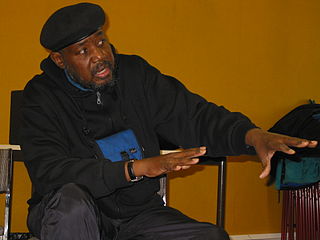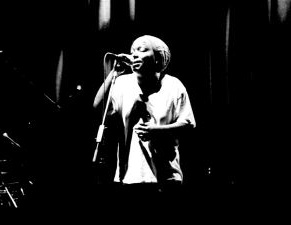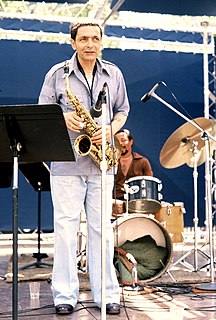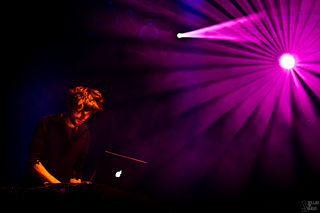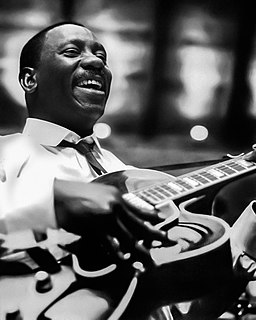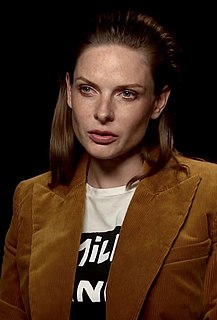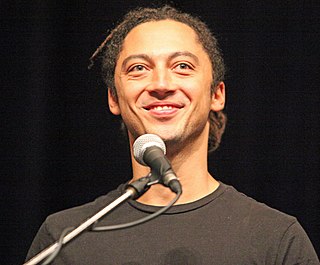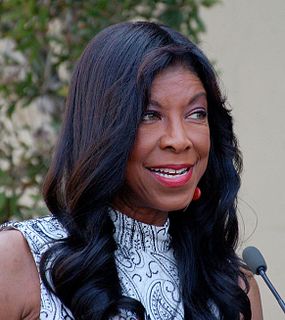A Quote by David S. Ware
Well, you know, the first step I took was to drop the alto and baritone and concentrate on tenor exclusively, a decision I've never really looked back on with any regret. Another thing was that I was 17 when I moved up there, and my listening had really focused on freer music in the previous couple of years- Coltrane was playing with his expanded group, and everyone was listening closely to that, and we were into Shepp and Ayler as well.
Related Quotes
My father was a jazz tenor sax player. He played in a lot of big bands. So I had that sound around me all the time. The first record that really caught my ear was Clifford Brown's 'Brownie Eyes.' I grew up listening to John Coltrane and Illinois Jacquet. This is where I come from... I love improvisational music.
I never quite lived up to the image of the black man as I saw it growing up. I was never listening to the right music at the right time or wearing the right clothes at the right time. I was still listening to Michael Jackson, and everyone had sort of moved on to gangster rap. Alanis Morissette when everyone else was listening to En Vogue.
I realized a lot of my friends were going to nightclubs and listening to house music. I was hanging out with them and going to clubs as well but I didn't really understand that kind of music. I was listening to country music and was heavily into Hank Williams, bluegrass, and Bob Dylan. So I just decided I really needed to understand what this music I was hearing in the clubs was all about.
You know, John Coltrane has been sort of a god to me. Seems like, in a way, he didn't get the inspiration out of other musicians. He had it. When you hear a cat do a thing like that, you got to go along with him. I think I heard Coltrane before I really got close to Miles [Davis]. Miles had a tricky way of playing his horn that I didn't understand as much as I did Coltrane. I really didn't understand what Coltrane was doing, but it was so exciting the thing that he was doing.
I love jazz. So to me, there are two main types of jazz. There's dancing jazz, and then there's listening jazz. Listening jazz is like Thelonius Monk or John Coltrane, where it's a listening experience. So that's what I like; I like to make stuff that you listen to. It's not really meant to get you up; it's meant to get your mind focused. That's why you sit and listen to jazz. You dance to big band or whatever, but for the most part, you sit and listen to jazz. I think it comes from that aesthetic, trying to take that jazz listening experience and put it on hip-hop.
